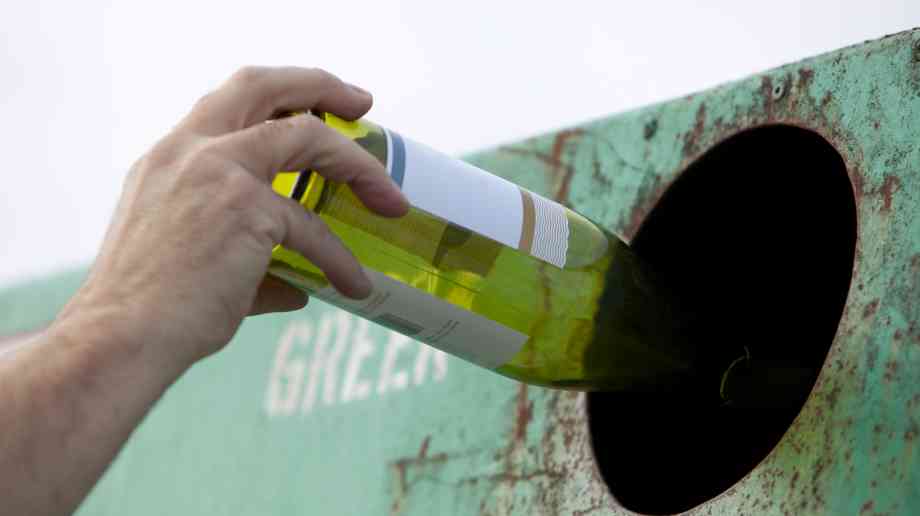Sue Robb of 4Children talks to Julie Laughton and Alison Britton from the Department for Education about the role of childminders in delivering the 30 hours free entitlement.
Gove launches new Resources and Waste Strategy

Environment Secretary Michael Gove has launched the government’s new Resources and Waste Strategy with plans for consumers to pay a returnable deposit on bottles, cans and disposable cups.
As well as a legal onus on companies responsible for producing damaging waste to take greater responsibility and foot the bill, the government also proposes weekly collections of food waste for every household, which means restoring weekly collections in some local authorities. This will be subject to consultation and will also consider free garden waste collections for households with gardens, to reduce greenhouse gas emissions from landfill.
As touted recently, Gove also sets out plans to introduce a deposit return scheme to increase the recycling of single-use drinks containers including bottles, cans, and disposable cups filled at the point of sale.
It is hoped that the new strategy, 11 years after the last environmental strategy update, will simplify the recycling system, with new plans for a consistent approach to recycling across England.
The government has also announced £8 million of funding for eight new research projects that will explore new and different ways of making, using and recycling plastics, alongside previously pledged investment of £20 million to tackle plastics and boost recycling and £10 million more for plastics research and development and £10 million to pioneer innovative approaches to boosting recycling and reducing litter, such as smart bins.
Gove said: “Our strategy sets out how we will go further and faster, to reduce, reuse, and recycle. Together we can move away from being a ‘throw-away’ society, to one that looks at waste as a valuable resource. We will cut our reliance on single-use plastics, end confusion over household recycling, tackle the problem of packaging by making polluters pay, and end the economic, environmental and moral scandal that is food waste. Through this plan we will cement our place as a world leader in resource efficiency, leaving our environment in a better state than we inherited it.”
Martin Tett, Environment spokesman for the Local Government Association, said: “Councils have been successful in increasing recycling levels and, alongside government, recognise that even more needs to be done to boost recycling to reach national targets and even higher standards.
“But moves to standardise waste services, including weekly food collections, need to be fully funded. Not every council area is currently able to recycle everything due to long-term contracts being held with different companies with different infrastructure available. Therefore, upfront funding is vital to making this work.
“It is crucial that any new system is phased in over time and still allows councils to determine how their local services work for residents, and takes account of the differences between inner city and rural areas. Councils look forward to working with government to get any new recycling system right for residents.”
Sue Hayman, Shadow Environment Secretary, said: "You can't aim to prevent fly tipping without ending cuts to the councils. And we need a plan for stopping the export of UK recycling and waste plastics to countries where they currently end up in landfill or polluting our oceans. Rather than a vision for building our recycling infrastructure, it talks about voluntary action and distant target deadlines, while talking up the value of more incinerators."
Company Focus
Just Lanyards is a subsidiary name of Gifts 2 Impress Limited, who have been trading for over 25 years, we therefore pride ourselves in having endless experience covering all aspects of the promotional merchandise industry.
Event Diary
UKREiiF has quickly become a must-attend in the industry calendar for Government departments and local authorities.
The multi-award-winning UK Construction Week (UKCW), is the UK’s biggest trade event for the built environment that connects the whole supply chain to be the catalyst for growth and positive change in the industry.
Supplier Profiles
Geo Energy
At GeoEnergy Design, we're on a mission to disrupt the traditional way heating and cooling ha
Latest Features
Professor Harith Alani, director of the Knowledge Management Institute at the Open University explains how AI can be used for good and bad.
Alex Lawrence, head of health & social care, techUK sets out techUK’s Five Point Plan for CareTech.

















